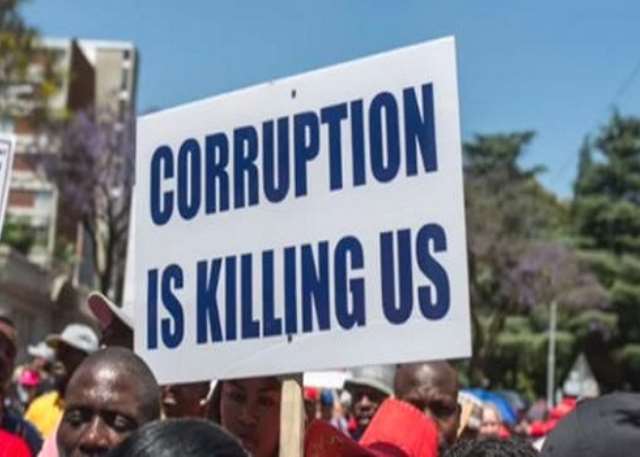Ghana has recorded a decline in its anti-corruption efforts, scoring 42 out of 100 in the latest Corruption Perceptions Index (CPI) 2024 released by Transparency International.
This marks a drop from last year’s score of 43, the first decline in five years, raising concerns over the country’s fight against corruption.
The latest ranking places Ghana 80th out of 180 countries worldwide and 11th among 49 Sub-Saharan African nations, sharing its position with Albania. While Ghana remains ahead of Burkina Faso, South Africa, and Tanzania—who all scored 41—it lags behind regional leaders such as Seychelles (72), Cabo Verde (62), and Botswana (57).
A Decade of Stagnation
The report highlights a worrying trend in Ghana’s anti-corruption efforts. Since 2015, the country’s CPI score has dropped by five points, signaling persistent governance challenges. Despite various policy interventions and institutional reforms, corruption remains a major concern affecting public confidence and governance.
Transparency International’s Chair, François Valérian, emphasized the broader implications of corruption, stating:
“Corruption is an evolving global threat that does far more than undermine development – it is a key cause of declining democracy, instability, and human rights violations.”
Corruption and Environmental Threats
The 2024 report also draws attention to the link between corruption and the climate crisis, warning that corrupt practices undermine environmental protection efforts.
In Ghana, corruption in the allocation of mining licenses has led to the destruction of forests and water bodies.
A recent case cited in the report involved an attack on three journalists from the Multimedia Group by armed men allegedly linked to a mining company in the Ashanti Region.
Calls for Urgent Action
To address the worsening corruption perception, the Ghana Integrity Initiative (GII) has outlined key recommendations, including:
- Enhancing parliamentary oversight through stronger financial accountability mechanisms.
- Establishing a specialized anti-corruption court to fast-track corruption cases, similar to Tanzania’s model.
- Implementing merit-based appointments in public service to eliminate political interference.
- Protecting whistleblowers and journalists to ensure safe exposure of corruption.
- Passing critical anti-corruption bills, such as the Conduct of Public Officers’ Bill and the Internal Audit Agency Bill.






